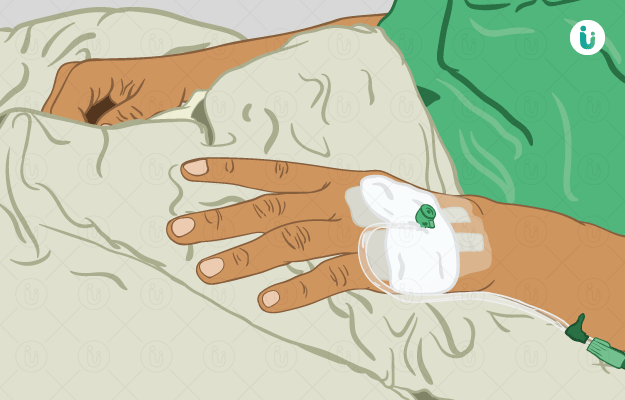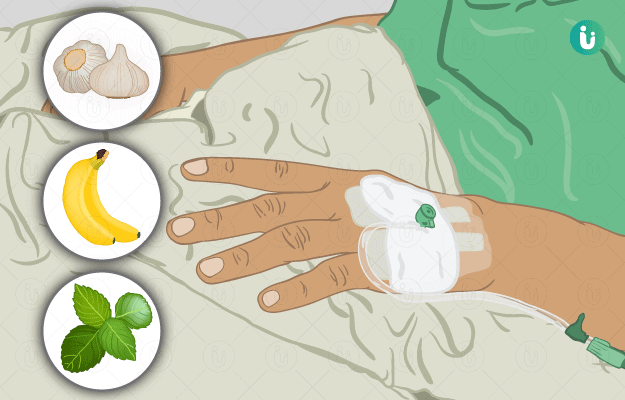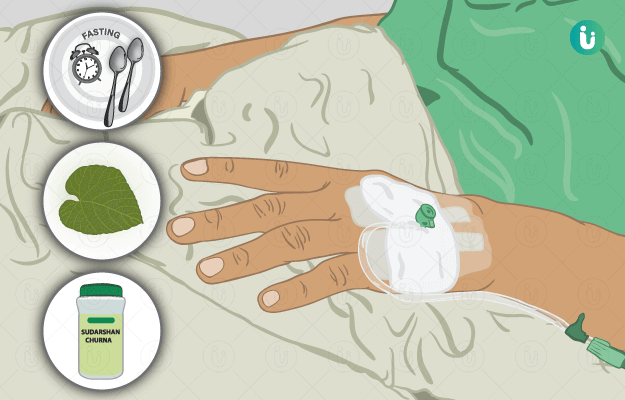Summary
Typhoid is an infectious bacterial disease which is caused by Salmonella typhi, a bacteria. People suffering from this disease experience symptoms like fever, stomach pain, headache, loss of appetite, rose-coloured spots, etc. The disease commonly spreads during pre-monsoon, monsoon, and post-monsoon seasons. The transmission occurs through the faecal-oral route. Hence, a stool test will confirm whether you have been infected with typhoid bacteria or not. Typhoid requires complete treatment using antibiotics. If left untreated, it can lead to severe complications like internal bleeding, sepsis or in rare cases, even death.

 Doctors for Typhoid Fever
Doctors for Typhoid Fever  OTC Medicines for Typhoid Fever
OTC Medicines for Typhoid Fever
 Lab tests for Typhoid Fever
Lab tests for Typhoid Fever Typhoid Fever articles
Typhoid Fever articles

 Ayurvedic Treatment of Typhoid Fever
Ayurvedic Treatment of Typhoid Fever
 First Aid for Typhoid Fever
First Aid for Typhoid Fever
 Home Remedies for Typhoid Fever
Home Remedies for Typhoid Fever
 Homeopathic Treatment of Typhoid Fever
Homeopathic Treatment of Typhoid Fever
































 Editorial Team
Editorial Team

 Dr. Laxmidutta Shukla
Dr. Laxmidutta Shukla

 Dr. Rachita Narsaria
Dr. Rachita Narsaria












